Delphi study on STIC diagnosis wins 2nd Best Oral Prize at the 34th European Congress of Pathology
Joep Bogaerts' presentation on the international Delphi study won the second prize at the European Congress of Pathology.
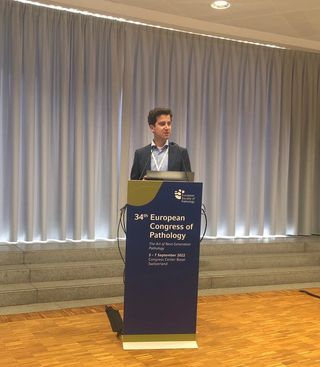
Joep Bogaerts' presentation on the international Delphi study won the second prize at the European Congress of Pathology.
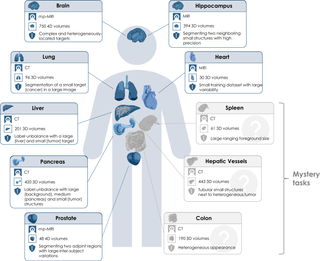
The journal paper describing the Medical Segmentation Decathlon challenge has been published in Nature Communications.
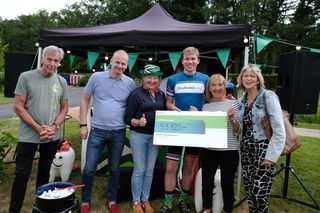
On the 1st of July 2022, nearly 100 people have committed themselves to cycling together to raise money for important cancer research, including the research of Daan Geijs.

Starting the 1st of June 2022, Francesco Ciompi is appointed Associate Professor of Computational Pathology at the Radboud UMC.
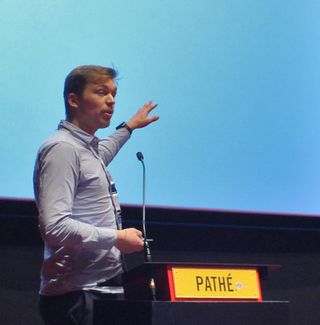
Daan Geijs' short-talk on the development of a Mohs surgery AI tool was reviewed as second-best during the annual PhD retreat of RIHS.

From February 1, 2022, Jeroen van der Laak was appointed full professor of computational Pathology at the Radboud UMC.
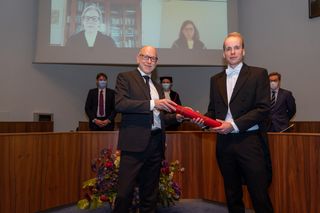
Wouter Bulten succesfully defended his PhD thesis titled 'Artificial intelligence as a digital fellow in pathology: human-machine synergy for improved prostate cancer diagnosis.' on the 28th of January.
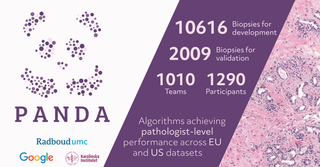
After two years of hard work, the final results of PANDA Challenge on AI for prostate cancer grading are published!
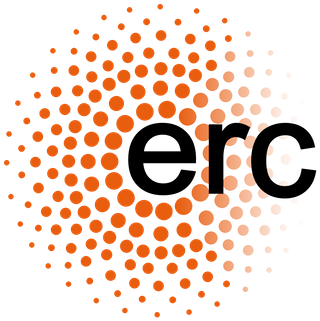
The European Research Council awarded Geert Litjens with a grant for his project "AIS-CaP: Interpretable Artificial Intelligence across Scales for Next-Generation Cancer Prognostics".
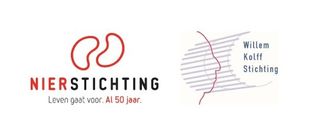
The DKF awarded the grant to CPG’s Meyke Hermsen, Dominique van Midden, and Jeroen van der Laak for their proposal to use AI for improved histopathologic kidney biopsy assessment.